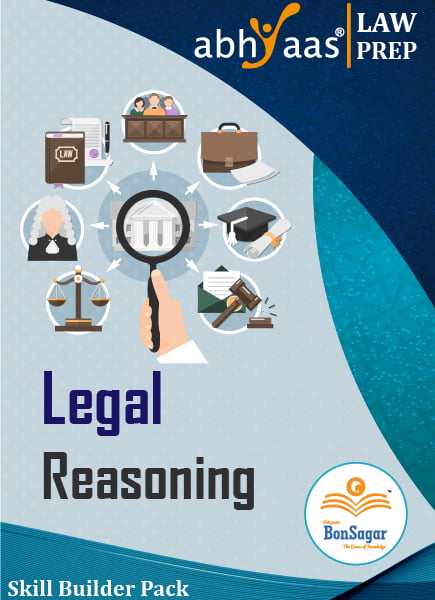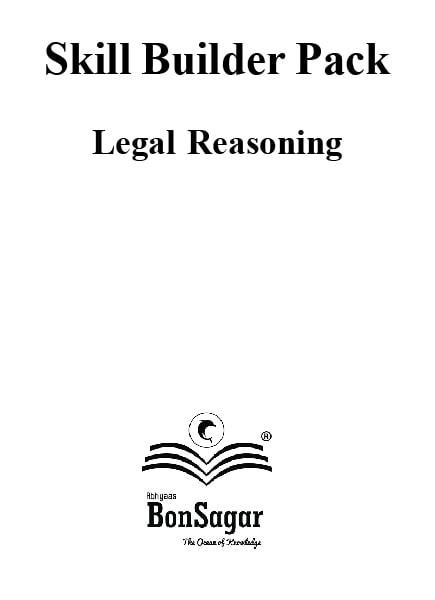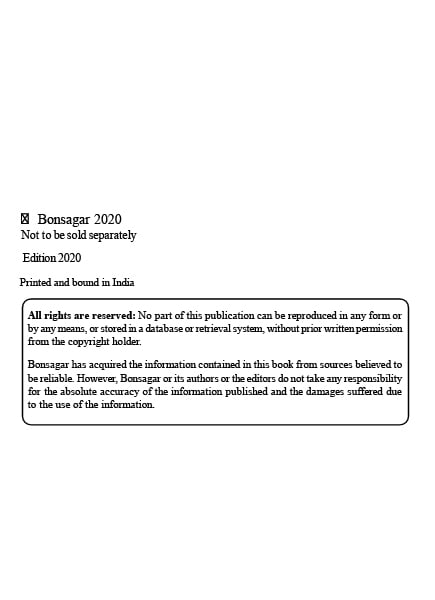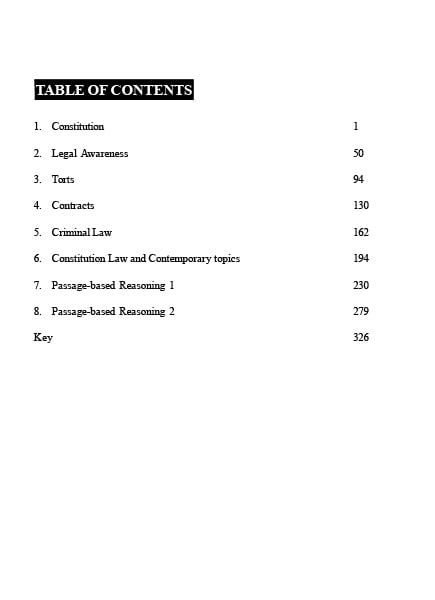The Importance of Vocabulary in IELTS
Vocabulary is the cornerstone of effective communication, and this holds particularly true for proficiency tests like the International English Language Testing System (IELTS). IELTS evaluates a candidate’s ability to communicate effectively in English across four key language skills: listening, reading, writing, and speaking. In each of these sections, a rich and varied vocabulary plays a pivotal role in achieving high scores. In this comprehensive guide, we’ll explore the significance of vocabulary in each section of the IELTS exam and provide strategies for improving your lexical resource to excel in the test.
Listening:
In the listening section of the IELTS exam, candidates are required to listen to a range of recordings and answer a series of questions. These recordings may include conversations, monologues, or academic lectures. A diverse vocabulary is crucial for understanding the nuances of the spoken language, including idiomatic expressions, colloquialisms, and academic vocabulary.
Having a strong vocabulary enables candidates to comprehend the context of the recordings more effectively, thereby improving their ability to answer questions accurately. Moreover, familiarity with a wide range of vocabulary enhances listening comprehension skills, allowing candidates to grasp the main ideas and key details more efficiently.
Reading:
The reading section of the IELTS exam assesses a candidate’s ability to understand and interpret written texts. These texts vary in complexity and may include articles, essays, reports, or academic papers. A robust vocabulary is essential for deciphering the meaning of unfamiliar words and comprehending the overall message conveyed in the passages.
Candidates with an extensive vocabulary are better equipped to identify synonyms, antonyms, and contextual clues within the text, which aids in answering comprehension questions accurately. Moreover, a diverse vocabulary enables candidates to engage with specialized topics and academic discourse, as many reading passages in the IELTS exam are drawn from academic journals and research papers.
Writing:
In the writing section of the IELTS exam, candidates are required to express their ideas coherently and effectively within a limited timeframe. A rich vocabulary is indispensable for articulating thoughts, describing experiences, and presenting arguments persuasively. Moreover, lexical variety and precision are essential for demonstrating a high level of language proficiency and sophistication in writing.
Candidates who possess a diverse vocabulary can convey their ideas more precisely and vividly, thereby enhancing the overall quality of their writing. Additionally, using a wide range of vocabulary demonstrates lexical resource and linguistic creativity, which are key criteria for achieving higher band scores in the writing section.
Speaking:
The speaking section of the IELTS exam evaluates a candidate’s ability to engage in verbal communication in English. This section consists of a face-to-face interview with an examiner, during which candidates are required to respond to a variety of questions and engage in a discussion on familiar topics. A rich vocabulary is essential for expressing opinions, elaborating on ideas, and engaging in meaningful conversation.
Candidates who possess a diverse vocabulary can articulate their thoughts fluently and accurately, demonstrating linguistic proficiency and communicative competence. Moreover, using precise and appropriate vocabulary enhances coherence and cohesion in speech, leading to a more coherent and structured response.
Strategies for Improving Vocabulary:
Read Widely: Make a habit of reading a variety of texts, including newspapers, magazines, novels, and academic articles. Pay attention to unfamiliar words and look up their meanings in a dictionary.
Use Vocabulary Apps: Utilize vocabulary-building apps and online resources to expand your lexical repertoire. Many apps offer interactive exercises, flashcards, and quizzes to help reinforce learning.
Keep a Vocabulary Journal: Maintain a vocabulary journal to record new words and expressions encountered during your reading and listening activities. Review and revise your vocabulary regularly to consolidate learning.
Practice Word Association: Associate new words with related words or concepts to deepen your understanding and retention. Use mnemonics, visual aids, or word webs to make connections between words.
Engage in Conversations: Practice using new vocabulary in conversations with native speakers or language partners. Engaging in meaningful dialogue allows you to apply and reinforce your vocabulary in context.
Review and Revise Regularly: Set aside time each day to review and revise your vocabulary. Focus on consolidating your understanding of previously learned words while gradually introducing new ones.
In conclusion, the importance of vocabulary cannot be overstated in the context of the IELTS exam. A diverse and robust vocabulary is essential for success in all sections of the test, as it facilitates listening comprehension, reading comprehension, writing proficiency, and speaking fluency. By incorporating the strategies outlined in this guide and dedicating time and effort to vocabulary development, candidates can enhance their language skills and maximize their chances of achieving their desired band scores in the IELTS exam.




